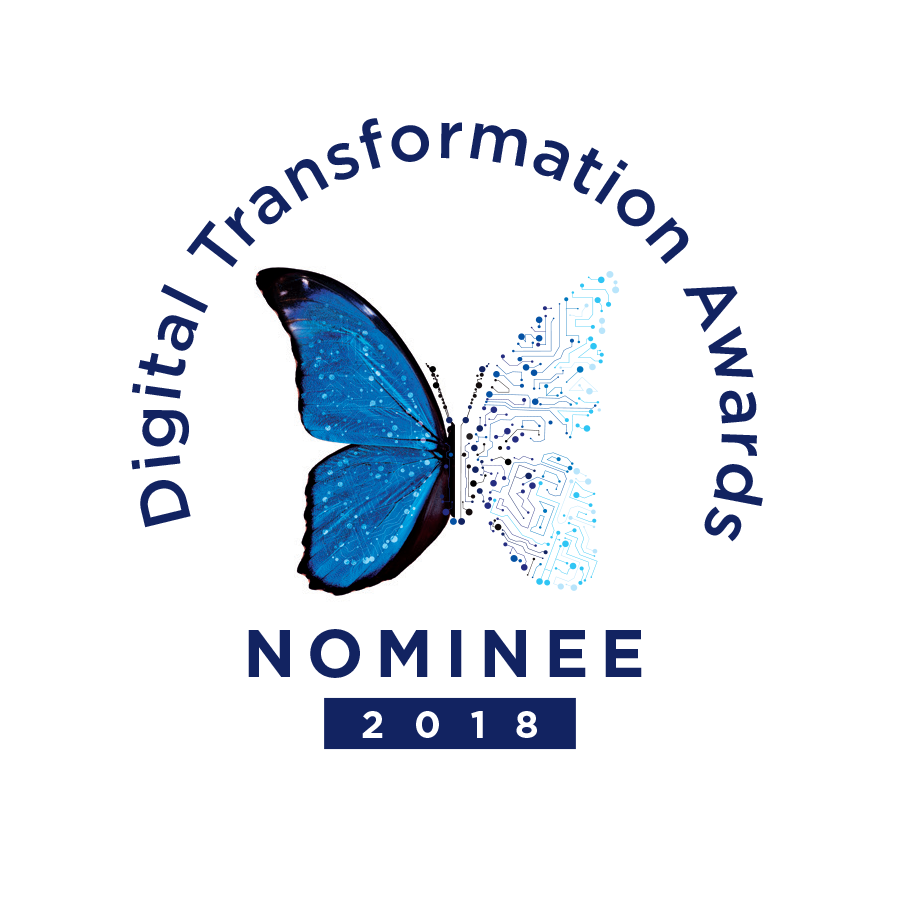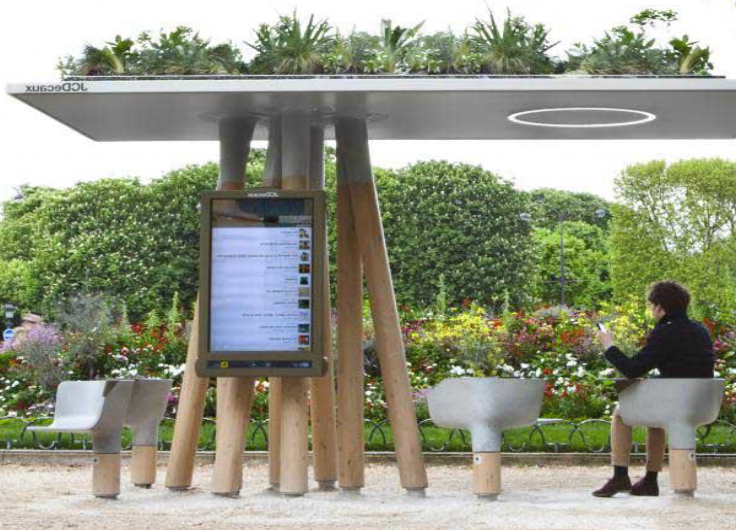Calling the City of Mississauga a mobile technology-ready municipality is an understatement.
For the past two years, 90 per cent of city employees have been given a virtual private network (VPN)-connected laptop, smartphone, and locker in place of a desk; meetings are conducted through WebX; the city’s IT department has implemented cloud-based solutions SAP SuccessFactors and Concur which, for example, have reduced 22 different recruitment processes to two; and its leaders have undertaken a digital transformation project to ensure that every one of their citizens have ready access to mobile technology as well. The project is nominated for ITWC’s Digital Transformation Awards for 2018.
The city’s primary reason for pursuing a mobile strategy, according to CIO Shawn Slack, is one you don’t hear very often in the public sector: competition.
“We want to be competitive,” Slack tells ITBusiness.ca. “The working world is transforming, and if we want to stay relevant, and attract the millennials who now make up the majority of the workforce, we have to be mobile.”
The transition from offices to mobile devices has been difficult for many older workers, Slack acknowledges, noting that transitioning from a desk to the backpack that holds his computer was an “interesting” experience for him as well.
“If you’ve been with the city for 20 years, it’s a pretty tough change to be a mobile worker, because you have no stuff,” he says. “There are no pictures of your family on your desk, and you lose all of the papers you had lying around. But the millennial coming into that space is going to go, ‘this is cool!’ and want to work there. And we want people to come to Mississauga and want to work there.”
Besides, Slack says, going mobile eliminates the “paper bomb” that accumulates at a desk.
“If you have an office, you collect things,” he says.
How embracing mobility has changed leadership
So far, Slack says, embracing mobile does appear to be making the City of Mississauga a more attractive employer for millennials, with the number of mobile employees rising steadily over the past two years. But it’s created other benefits too.
“Going mobile has actually driven transformation at our leadership level as well,” he says, with the city manager, commissioners, and directors all trading desktops for mobile devices.
Embracing mobile technology has also shifted the city’s corporate culture, he says, with directors including himself adjusting their expectations of employees and adopting new metrics to measure productivity.
The IT department, for example, measures response times for its service request and help desk system, and progress made on its project portfolio.
“We wanted to make sure we had been measuring whether we became more or less effective because of the transition,” Slack explains.
It helps, he says, that SAP Successfactors and Concur both promote employee mobility, and being cloud-based solutions, can be easily accessed from anywhere.
“If you give someone an office, and you give them a laptop, they’re going to use the office to lock up their laptop at night, and that’s not success,” Slack says. “This way, when you turn your machine on, you’re at work… and you get to enjoy the ability to move around and work wherever you want. ”
Bringing mobile to residents
Of course, there is very little benefit to the City of Mississauga’s embrace of mobile technology if its residents can’t take advantage too – if what Slack calls the city’s “social resilience” is low.
Slack says that while the city is aware that more than 30 million Canadians and counting are on mobile devices, another metric has played a greater role in its embrace of mobile technology: A 2015 United Way report which found that income inequality in the Greater Toronto Area has increased by 31 per cent since 1980,
“So what you have there is a double whammy,” Slack says. “A pretty significant segment that doesn’t have quality of life or quality of work. So we looked at mobility and we’ve looked at that quality of life issue, and married them together to solve for social resilience.”
The City’s plan, which it’s developing in partnership with the United Way, Region of Peel, University of Toronto Mississauga, Sheridan College, and its BIAs (Business Improvement Areas), is to build out a mobile-friendly ecosystem across the city, with the goal of delivering services and digital technology to the entire community.
Its four-pronged approach begins by dividing Mississauga into 23 defined communities, with the city building at least one Hub centre, and the United Way and Mississauga Library System delivering 500 mobility kits to citizens enrolled in social support programs, in each one.
“A kit is basically a laptop that’s connected, and per community we’ll have 500 kits [for a total of 11,500],” Slack explains. “Because let’s face it – it’s not cheap to have internet. And laptops are expensive.”
The Hubs, meanwhile, will be co-working spaces, developed in partnership with several of the tech giants whose Canadian headquarters are in Mississauga, which employees from across the city – whether they’re employed by the likes of Microsoft and Sony or the City of Mississauga itself – will be able to designate as their primary “office.”
“So if we have 23 Hubs within Mississauga, and someone comes to work for Microsoft or Sony, we want those employees to know there’s 23 locations within the city their company considers home,” Slack says. “And when you go to the Hub, it’s like you’re at Sony or Microsoft.”
Eventually, he says, the city plans to build 100 Hubs, each one serving a relatively equal number of people.
But the City of Mississauga’s mobile support for its citizens isn’t ending at Hubs or Kits: The city also plans on building 500 “Connects” across its 23 communities: indoor and outdoor spaces with voice-supported, augmented reality-compatible digital screens that will provide community information and free access to Wi-Fi.

“So a Connect could be beside a bus stop, in a park, inside a mall… and you’ll get free wi-fi, a place to sit, and access to services and programs,” Slack says.
And since access points are useless unless you know where to find them, the City of Mississauga’s mobile app tells residents exactly where Hubs and Connects are located, and which amentities or workstations are available for reservation.
The final component is once again a low-tech solution you don’t hear about in digital transformation projects very often: public transit.
“Between these 23 communities, we’re going to give the buses priority with our advanced traffic management system,” Slack says. “And we’re going to put wi-fi in every one of those buses, so that your digital experience is maintained while you’re travelling from location to location.”
And since no data-driven digital transformation project can be executed without controversy over how the data collected is used, he adds, the City plans to publish its information as anonymous open data.
